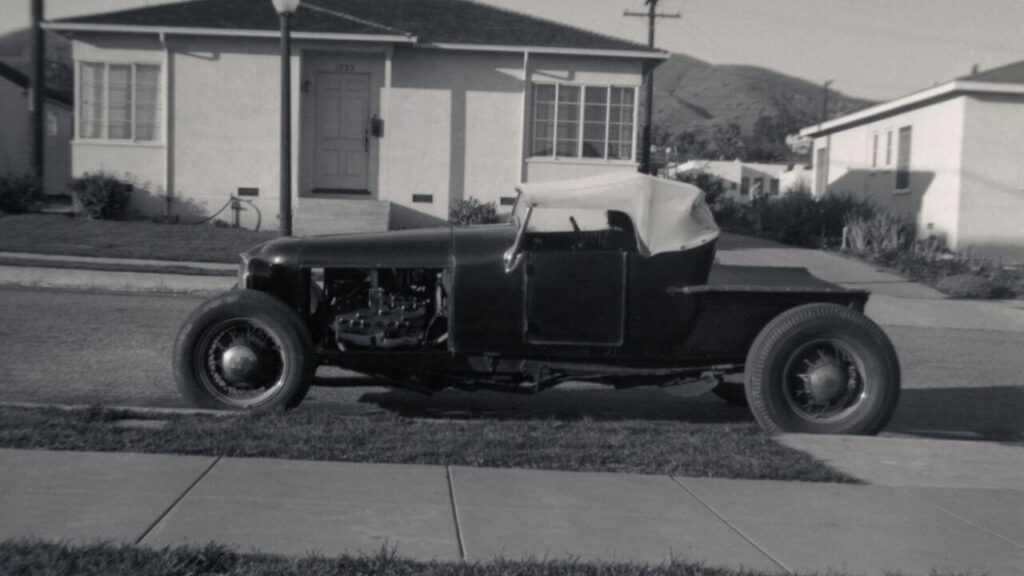Discover the 1927 Ford Model T Roadster, its legendary engine specifications, distinctive interior design and enduring cultural impact
The 1927 Ford Model T Roadster occupies a special spot in automotive history, embodying ingenuity, accessibility and the transformative power of mass production. As the final model year for the iconic Model T, this roadster was the culmination of nearly two decades of innovation which radically transformed the way the world viewed transportation. The 1927 Ford Model T Roadster was not only a car, but it becomes a driving force behind the modernization of America along with democratization of mobility. Its importance is far from over and it continues to captivate classic car enthusiasts and historians alike. This blog dives deep into this legendary vehicle, covering everything from its engineering marvels to its interior design and cultural impact, to provide the reader with a rich story that does justice to its legacy.
The Significance of the 1927 Ford Model T Roadster
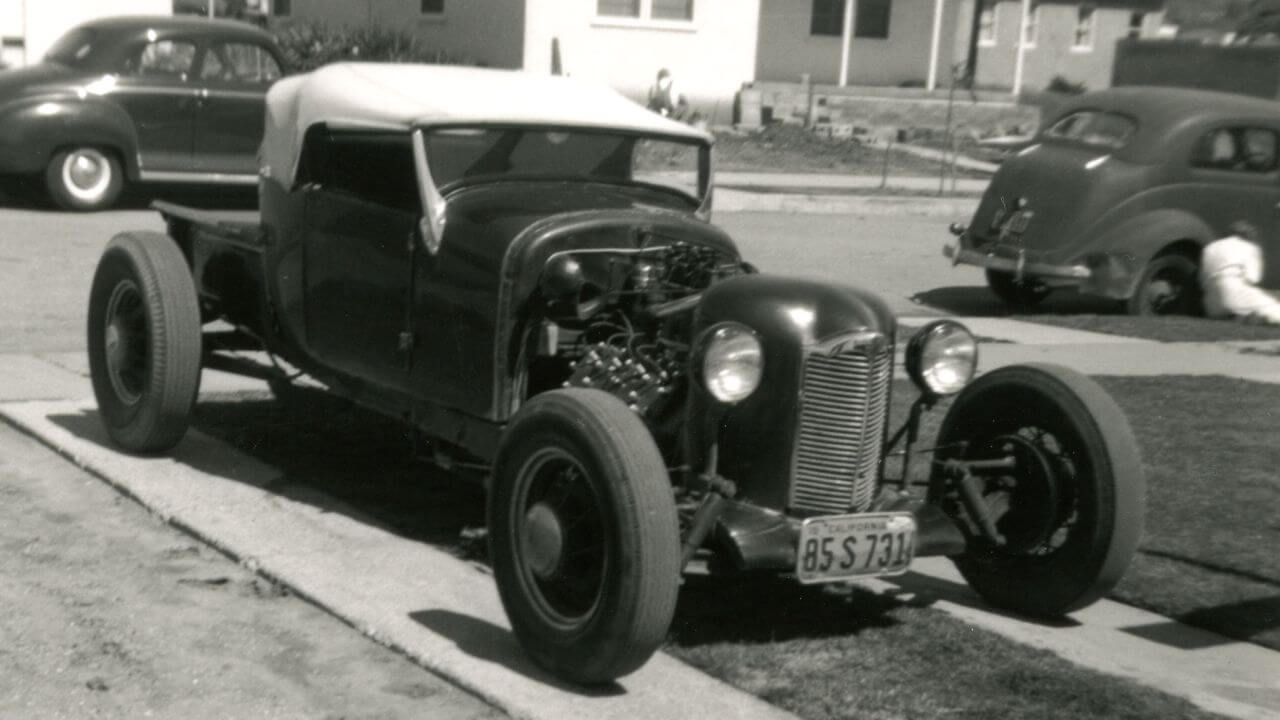 The Ford Model T was introduced in 1908 and revolutionized the automobile industry because it was the first car affordable to the American middle class. By 1927, the automotive world was changing rapidly, but the Model T was continuing to be a staple of reliability and simplicity. The 1927 model was the last of the Model T production, with more than 15 million cars produced since it started, securing its historic record as one of the best-selling cars of all time.
The Ford Model T was introduced in 1908 and revolutionized the automobile industry because it was the first car affordable to the American middle class. By 1927, the automotive world was changing rapidly, but the Model T was continuing to be a staple of reliability and simplicity. The 1927 model was the last of the Model T production, with more than 15 million cars produced since it started, securing its historic record as one of the best-selling cars of all time.
This roadster model was unique with its unique style and solid build and served as an intermediary between the early automotive engineering and the more sophisticated vehicles that succeeded it. Henry Ford’s dream to create a car that could be used and still be affordable, as well as durable, was reflected perfectly in the 1927 Roadster, which was full of ease-of-use and reliable car performance. Its end of production was bittersweet, as it marked a new era with the introduction of the Model A, but continued the legacy of the “Tin Lizzie,” as the Model T was fondly known.
An expert in automobile history, Robert Casey, Curator of Transportation at The Henry Ford noted, “The Model T was not only an affordable car but a symbol of American innovation and the democratization of personal transportation.” Its impact on society was profound, shaping lives, industries and the future of automotive manufacturing”.
Engine Specifications The Mechanical Heart of the 1927 Ford Model T Roadster
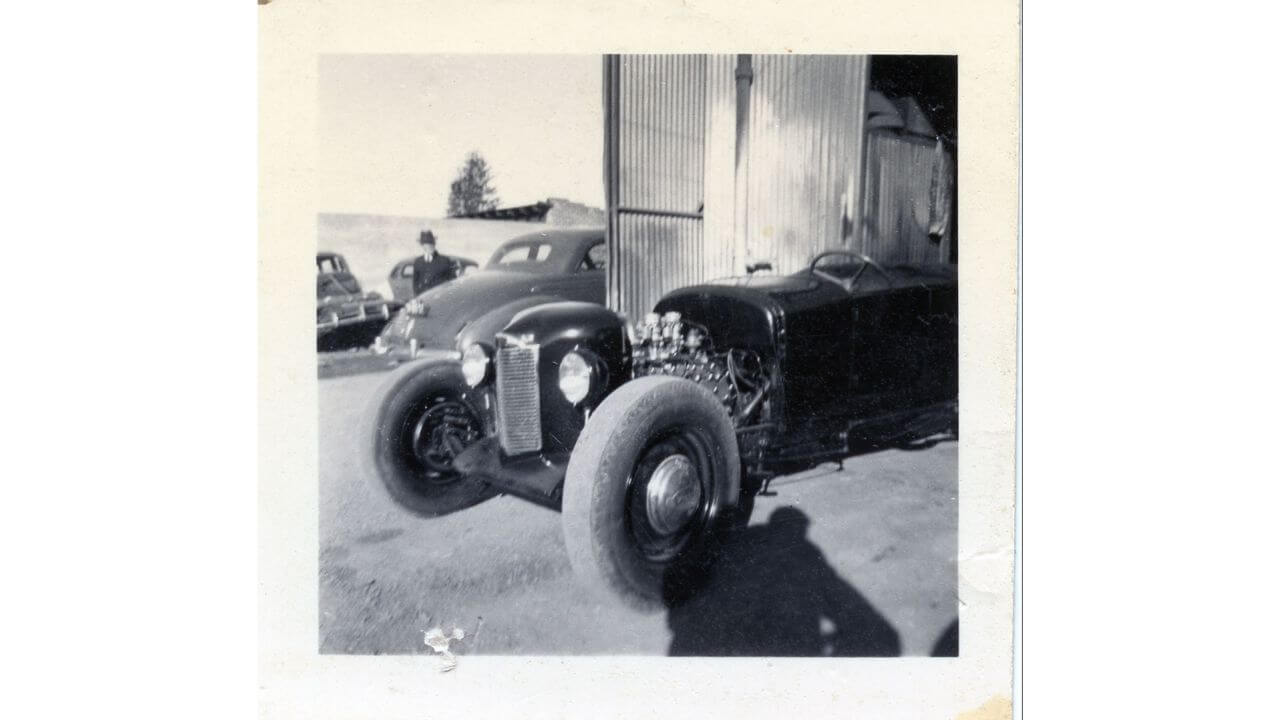
- Type of Engine: Inline 4-cylinder, side-valve (L-head) design
- Displacement: 177 cubic inches (2.9 liters)
- Horsepower: 20 hp at 1600 RPM
- Torque: About 83 lb-ft @ 900 RPM
- Cooling System: Water cooled (no water pump) thermosiphon
- Fuel System: Carburetor, can use gasoline, kerosene or ethanol
- Ignition: Low voltage Magneto ignition system (Battery not needed)
- Construction: Engine block and crankcase cast in one piece
- Valvetrain: Side valves with one camshaft
- Lubrication: Splash lubrication system
- Compression Ratio: About 4.5:1
- Transmission: 2 speed planetary gear transmission
- Starting Method: Hand crank
This engine set-up gave a perfect balance between performance and simplicity, and owners were able to do routine maintenance with a relative ease. Its capability of running on alternative fuels was especially valuable in times when there was instability or cost associated with gasoline supplies. The powertrain of the Model T was revolutionary for its era and represents the innovative vision of Henry Ford to develop an affordable, reliable car which would be capable of surviving various operating conditions.
Not only did this engine’s small size but sturdy design, and the development of new materials, such as vanadium steel for important parts, increase the longevity of the vehicle, but it also kept weight low, thus improving fuel efficiency and handling. These attributes ensured that the model T Roadster would continue to uphold its reliability reputation in different road conditions and geographical landscapes.
Beyond pure mechanical aspects, the engine of the Model T illustrated an outstanding method of early automotive engineering design based on functionality and customer ease rather than complicated technology, which made it one of the most beloved cars of all time.
This close examination of engine specifications allows us to appreciate how the design of the 1927 Ford Model T Roadster was both practical and durable in creating the future in automobile design.
Interior Design: Simple and Functional
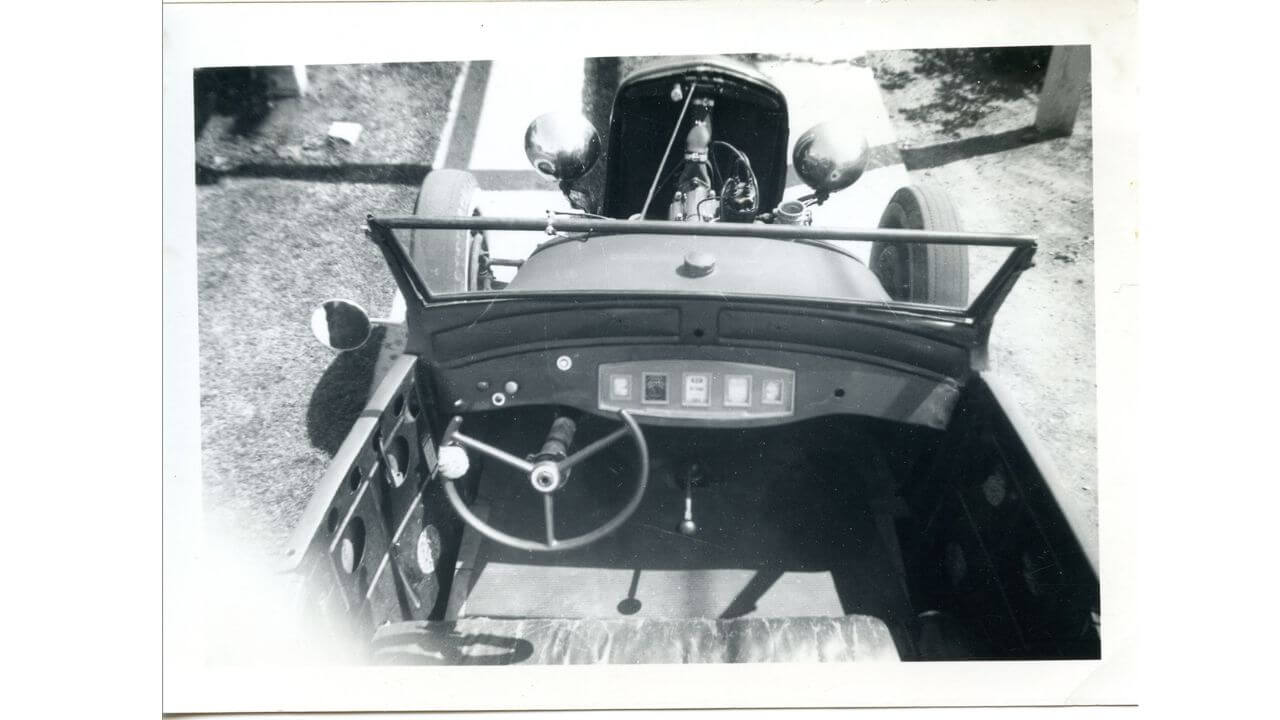
The dashboard was minimalist with only the essential gauges and controls. A unique feature was the homemade style gear shifter sometimes creatively adapted some of these including a motorcycle footpeg for the shifter, a testament to the hands-on utilitarian approach to operating vehicles back then.
Windows were hand operated and the windshield was optional at first, but by 1927, it became standard. The open-top design that it added made it an airy driving experience which was appealing to those who valued a sporty and engaging ride.
Special mention goes to the steering system with a large banjo-like steering wheel which gave direct and responsive control. Visibility was improved with the vehicle’s compactness and simplicity with ease of navigation being the focus. The interior reflected Ford’s purpose to produce a car that was easy-to-use and simple, in order to make it common.
The Impact and Cultural Significance of the 1927 Ford Model T Roadster
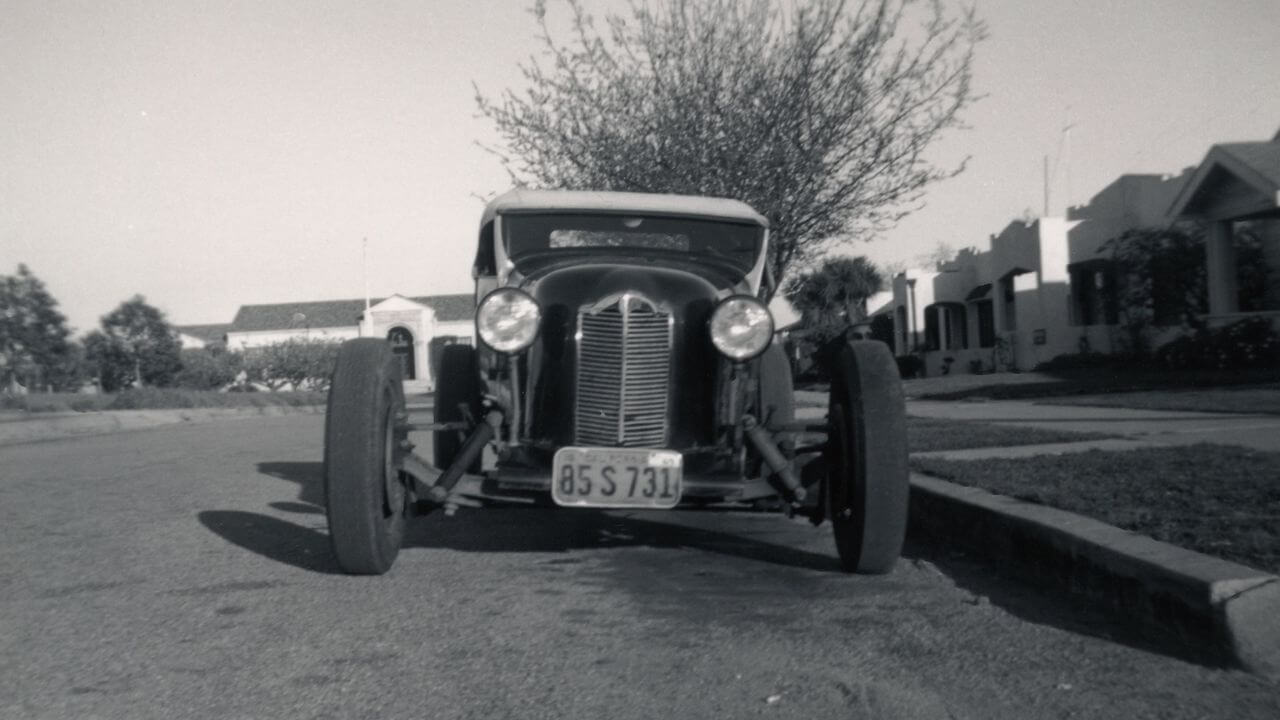
Notably, the Model T established manufacturing processes such as the moving assembly line, which dramatically reduced the costs of production and introduced new standards in industrial efficiency. It gave rise to the motorization movement around the world, making countries around the world to adopt automobiles in a short amount of time.
Henry Ford himself famously said, “The Model T car was a pioneer. It broke down the barriers of distance in rural sections, brought people of these sections closer together and put education within the reach of everyone.” This highlights the monumental nature of the Model T in terms of not only transportation but in the development of our society.
The 1927 Roadster, as the last version, is the crowning jewel of this historical odyssey, with preservation of its legacy by collectors and enthusiasts through restoration and exhibit in museums such as The Henry Ford where the fifteenth millionth unit is on display as a cultural icon.
Verdict: Why the 1927 Ford Model T Roadster is Still Relevant Today
The 1927 Ford Model T Roadster remains a source of fascination for both enthusiasts and historians because of its pioneering engineering, cultural importance and representation of early 20th-century American values. More than a mere relic, the Model T Roadster is a testament to innovation, accessibility and the power of visionary industrial design.
Its powerful engine, simple interior, and history has provided a rich legacy that modern automotive technology and culture still draw inspiration from. For those who are interested in the history, engineering, or cultural studies of automobiles, the 1927 Ford Model T Roadster is not just a car, but a symbol of the beginning of the modern age.
Through both academic and enthusiast perspectives, the Model T Roadster is the poster child for a marriage of technology and societal progress – a successful one, by all accounts, even nearly a century after the last unit produced. This car did not just put the world on wheels, it changed the world itself.

